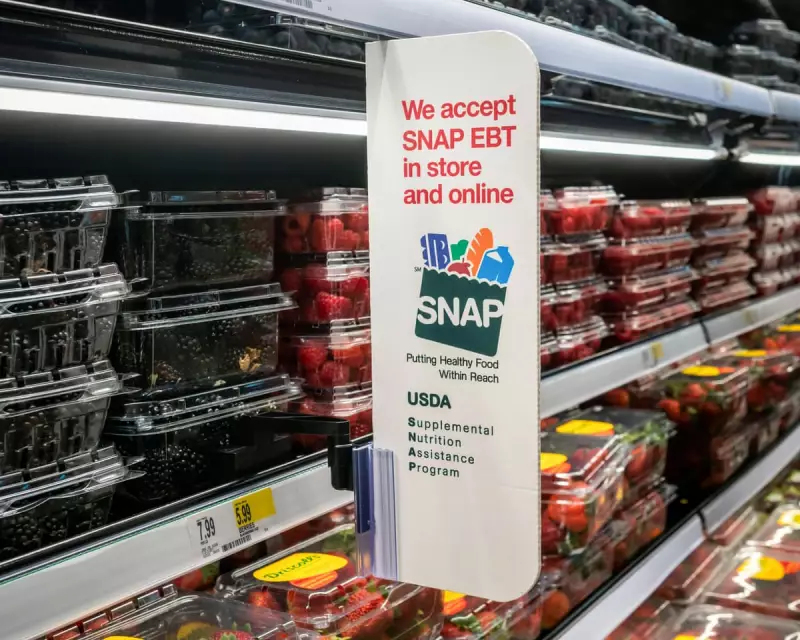
Former US President Donald Trump has unveiled a controversial plan to drastically reduce funding for the Supplemental Nutrition Assistance Program (SNAP), commonly known as food stamps. The proposed cuts could leave millions of low-income Americans struggling to afford basic groceries.
What's in the Proposal?
The plan, outlined in Trump's latest policy agenda, seeks to:
- Reduce SNAP funding by approximately 30% over five years
- Introduce stricter eligibility requirements
- Shift some program costs to individual states
- Replace a portion of benefits with pre-packaged food boxes
Potential Impact on Vulnerable Families
Anti-poverty advocates warn the changes could have severe consequences:
"This isn't just about trimming budgets - it's about taking food off the tables of children, seniors, and working families," said Marcia Johnson of the National Food Security Coalition. "At a time when food prices are soaring, these cuts would be catastrophic."
Current estimates suggest the proposal could:
- Remove 5-7 million people from SNAP rolls
- Reduce benefits for an additional 10 million recipients
- Increase demand on already strained food banks nationwide
Political Reactions
The plan has drawn sharp criticism from Democratic lawmakers, with Senate Majority Leader Chuck Schumer calling it "cruel and unnecessary." Meanwhile, some Republican legislators have expressed cautious support for "restoring fiscal responsibility" to welfare programs.
Analysts suggest the proposal may face legal challenges if implemented, as SNAP is authorized through farm bill legislation requiring Congressional approval for major changes.
Historical Context
This isn't the first attempt to reform SNAP. The Trump administration previously tried to:
- Implement work requirements for able-bodied adults
- Limit categorical eligibility
- Change how utility costs are calculated for benefits
Most of these efforts were blocked by courts or reversed by the Biden administration.
As the 2024 election approaches, the future of America's most important anti-hunger program hangs in the balance, with millions of vulnerable families potentially caught in the political crossfire.





